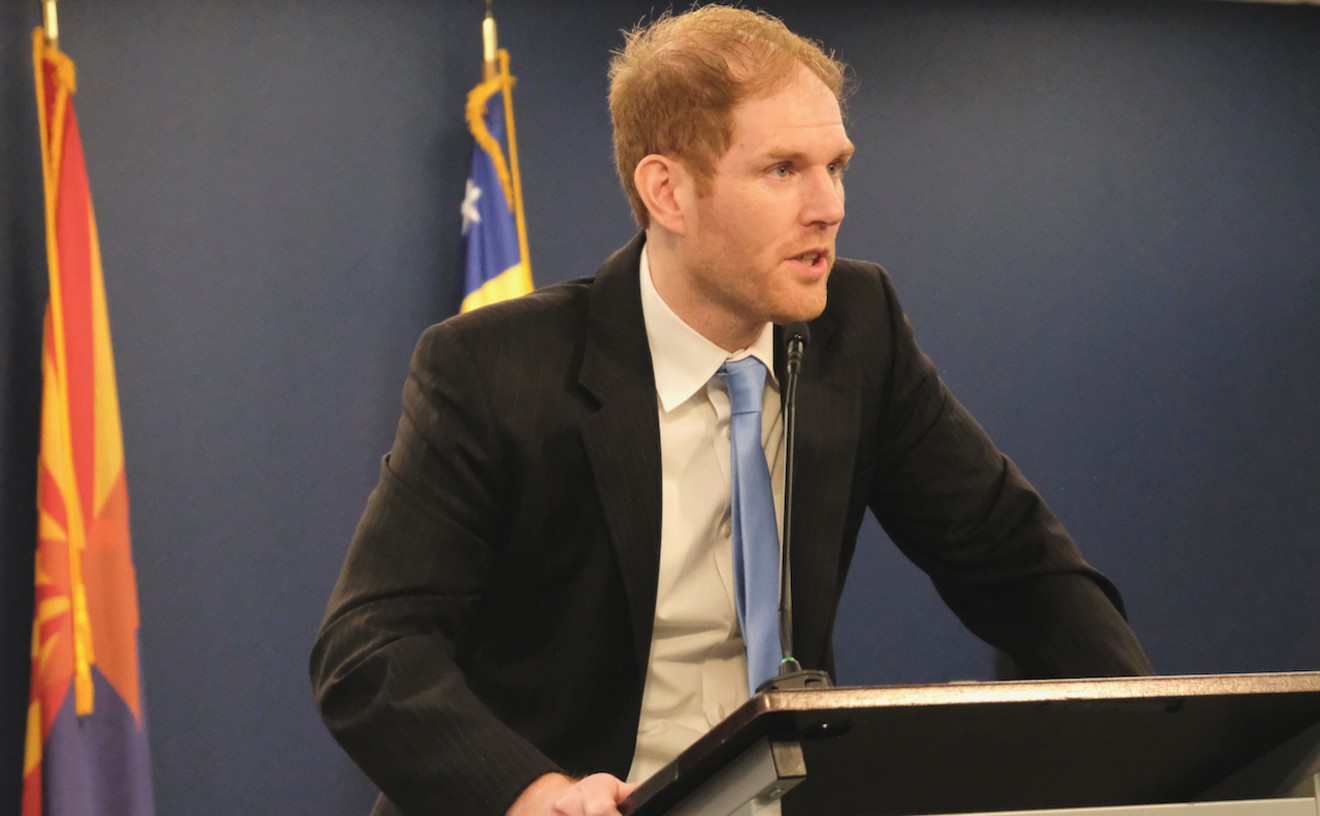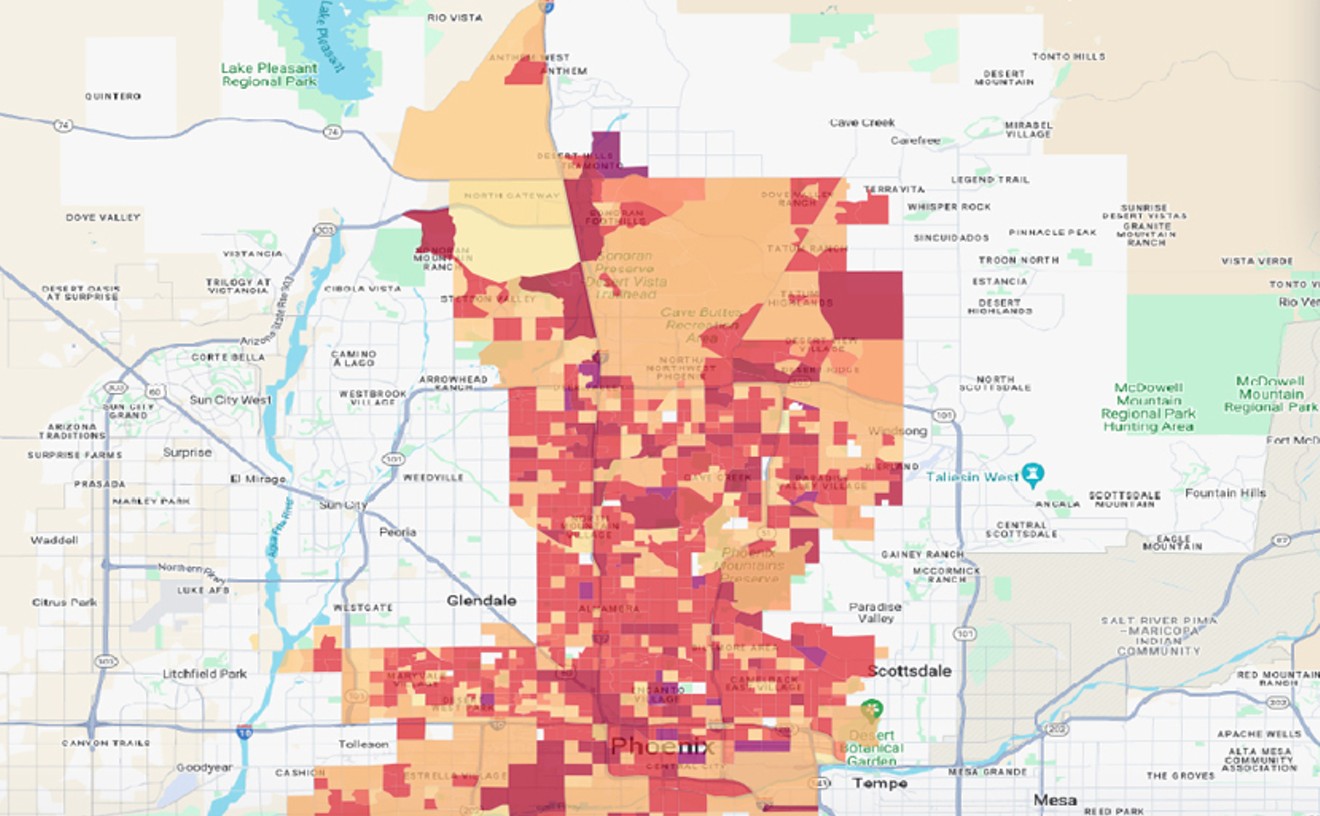A coalition of environmental groups is joining the Havasupai Tribe in appealing a U.S. District Court decision last month that Energy Fuels Inc. can resume uranium mining at Canyon Mine in Northern Arizona.
The groups had filed a preliminary injunction in March 2013 to stop the company from completing construction of the mine and extracting uranium, and argued in favor of a new environmental impact statement.
Katie Davis, with the Center for Biological Diversity, one of the groups appealing the decision, expects the coalition will have more detailed briefings that lay out specifics of their legal argument sometime in the next few months.
Meantime, she says, the basis of the appeal is that in the 30 years since the Forest Service conducted its original environmental assessment of the proposed mine, "There is a lot of new information about the cultural importance of the area and the impacts uranium mining [has on] human health and the environment."
Canyon Mine is six miles from the South Rim of the Grand Canyon and four miles from Red Butte, a designated Traditional Cultural Property. The ore body sits underneath land deemed sacred by multiple tribes in the region, and the mine is expected to yield 200 tons of uranium every day for the three to five years it's operational.
See also: Uranium Mine Near Grand Canyon Approved by Federal Judge
Energy Fuels first submitted a Mining Plan of Operation in 1984, and in 1986, the U.S. Forest Service completed an environmental impact statement for the proposed mine. The agency also filed a "record of decision," which permitted Energy Fuels to move ahead with construction. The Havasupai Tribe immediately challenged the decision with a federal lawsuit but lost in 1990 and then again in an appeal the following year.
Even though preliminary surface construction had started, Energy Fuels put the operation on hold in 1992 after the price of uranium dropped dramatically. In 2012, the company expressed interest in resuming operations, and the Forest Service reviewed the Canyon Mine Plan of Operations and "concluded that no modification or amendment to the existing Plan of Operation is necessary; that no correction, supplementation, or revision to the environmental document is required; and that operations at the Canyon Mine may continue as a result of no further federal authorization being required."
Three environmental groups--The Grand Canyon Trust, The Sierra Club, and The Center for Biological Diversity--partnered with the Havasupai Tribe and challenged the decision in federal court a few months later.
The plaintiffs' case for an injunction rested on two arguments: first, a new environmental impact statement was needed because the scientific community's understanding of uranium mining's impact had matured; and second, because Red Butte received TCP status in the years since the original impact study, the National Historic Preservation Act requires federal agencies to conduct a more detailed review.
Judge Campbell denied the Plaintiff's request, and ruled in favor of the Forest Service and Energy Fuels. Curtis Moore of Energy Fuels says, in the weeks since, "there has been a little bit of activity to prepare the area," like upgrading machinery and equipment. In the past, the company has stated it intends to move staff and equipment from the nearly depleted Pinenut Mine to Canyon Mine this summer. "The plan has remained the same," Moore says.
Uranium mining always is controversial, in part because of fears about irreversible ground-water contamination. The plaintiffs' most recent press release states that "Canyon Mine threatens tribal cultural values, wildlife, and endangered species, and has the potential to contaminate the aquifers and streams that sustain the Grand Canyon and Colorado River with toxic uranium-mining waste."
According to Davis from the Center for Biological Diversity, "allowing uranium mines to operate without a full understanding of the scientific, environmental, and cultural risks hurts our public lands and endangers our drinking water."
But Moore says the company is "extremely confident that there will be no impact on ground water" from the uranium mine -- and feels that his opponents often stretch environmental studies and facts to support their cause.
The next stage in the battle over Canyon Mine will be heard in front of a three-judge panel in the U.S. Ninth Circuit Court of Appeals as early as this summer.
Got a tip? Send it to: Miriam Wasser.
Follow Valley Fever on Twitter at @ValleyFeverPHX. Follow Miriam Wasser at @MiriamWasser.











